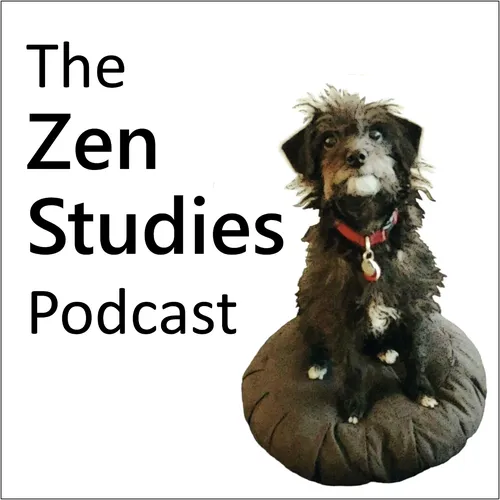
The Zen Studies Podcast
Learn about traditional Zen and Buddhist teachings, practices, and history through episodes recorded specifically for podcast listeners. Host Domyo Burk is a Soto Zen priest and teacher.
- Update frequency
- every 10 days
- Average duration
- 29 minutes
- Episodes
- 324
- Years Active
- 2017 - 2025
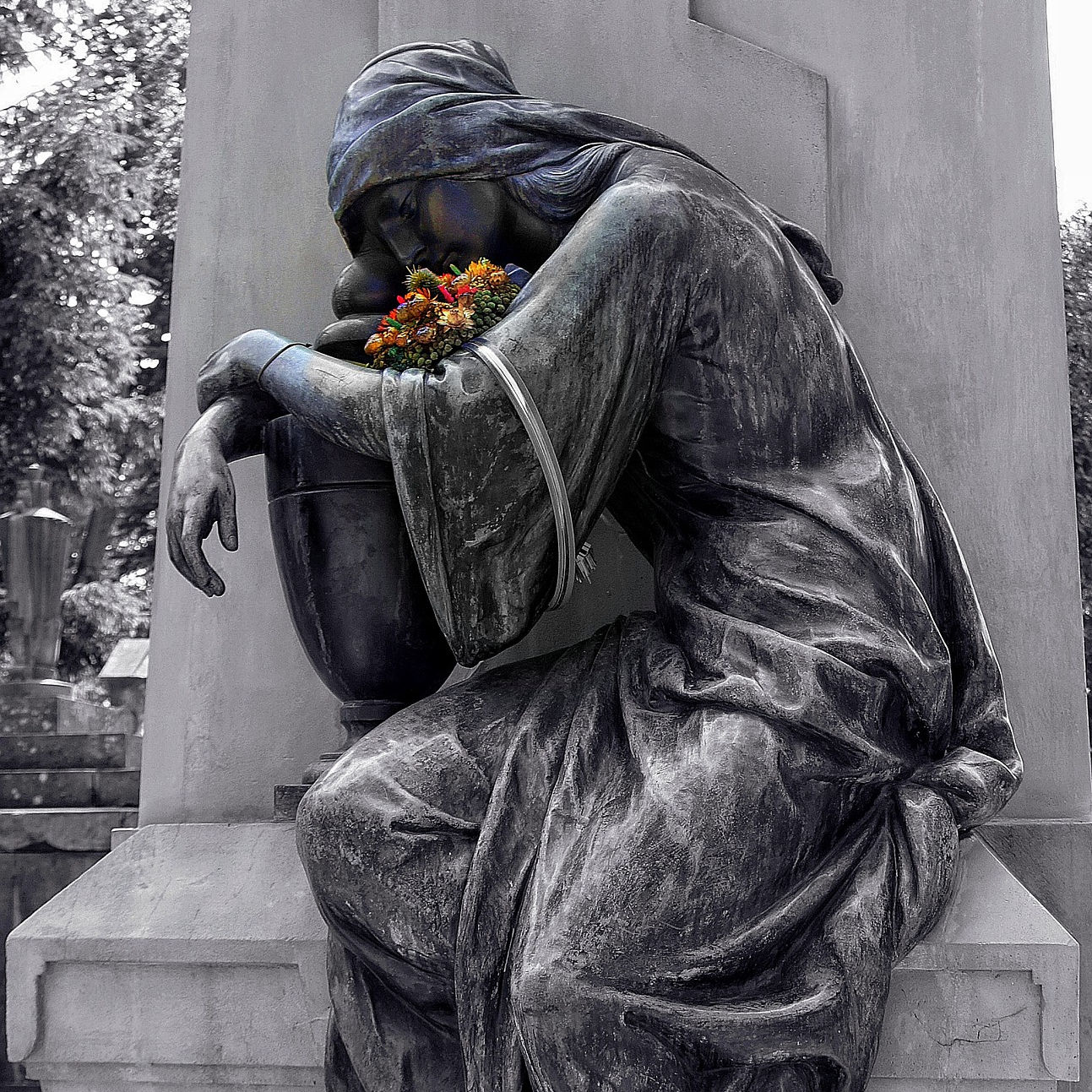
136 - Grief in Buddhism 2: Some Buddhist Practices Helpful for Facing and Integrating Grief
Grief is love in the face of loss; do you want to stop loving in order to stop feeling grief? Of course not. But we also don't want to be controlled or overwhelmed by it. There are a number of Buddhi…
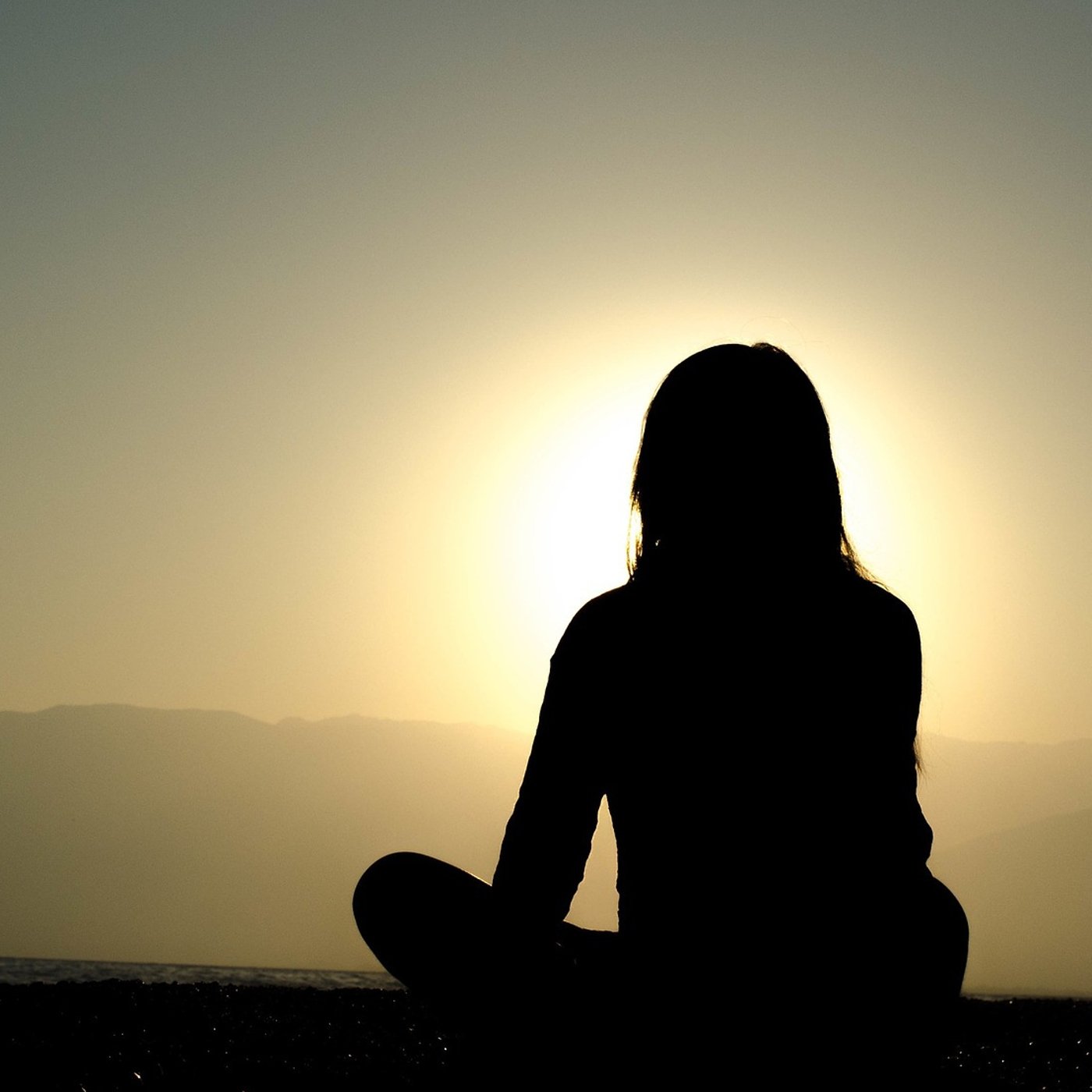
Mini Episode - A Four "S" Approach to Shikantaza: Sit Upright, Still, Silent, Simply Be
Shikantaza, or the practice of "just sitting," can be challenging. We're asked not to try to control our meditative experience, but are we just supposed to sit there like a sack of potatoes and let h…

135 - Grief in Buddhism 1: Buddhist Teachings on Grief and the Danger of Spiritual Bypassing
Grief in Buddhism: What are the teachings about it, and how are we supposed to practice with it? It's often easy to suppress or bypass our grief, leaving us stuck in one of the early stages of grief …
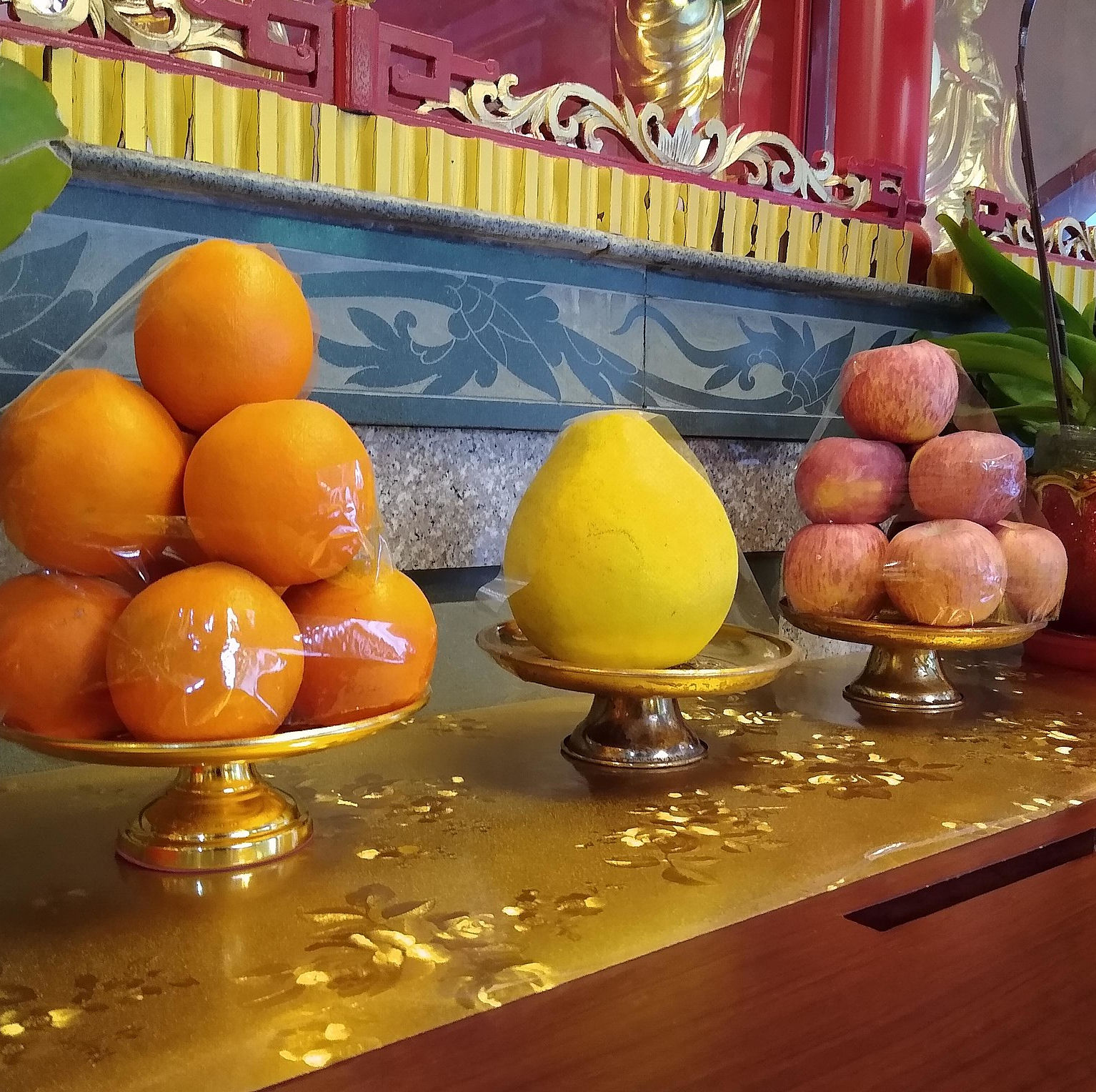
134 - Lotus Sutra 1: What Is Devotion, and How Does It Fulfill the Buddha Way?
The Lotus Sutra is one of the oldest and most central sutras in Mahayana Buddhism. The sutra states repeatedly that people who perform small acts of devotion, such as making an offering at memorial t…

133 - Restoring Wonder: Hongzhi's Guidepost of Silent Illumination - Part 2
I continue in a second episode with my reflections on Chan master Hongzhi's "Guidepost of Silent Illumination. I discuss the interdependence of absolute and relative and why that matters in real life…

132 - Restoring Wonder: Hongzhi's Guidepost of Silent Illumination - Part 1
In this episode and the next, I riff off of 12th-century Chan master Hongzhi’s short text, “Guidepost of Silent Illumination,” one of the most positive and encouraging Zen teachings a know. By “riff”…
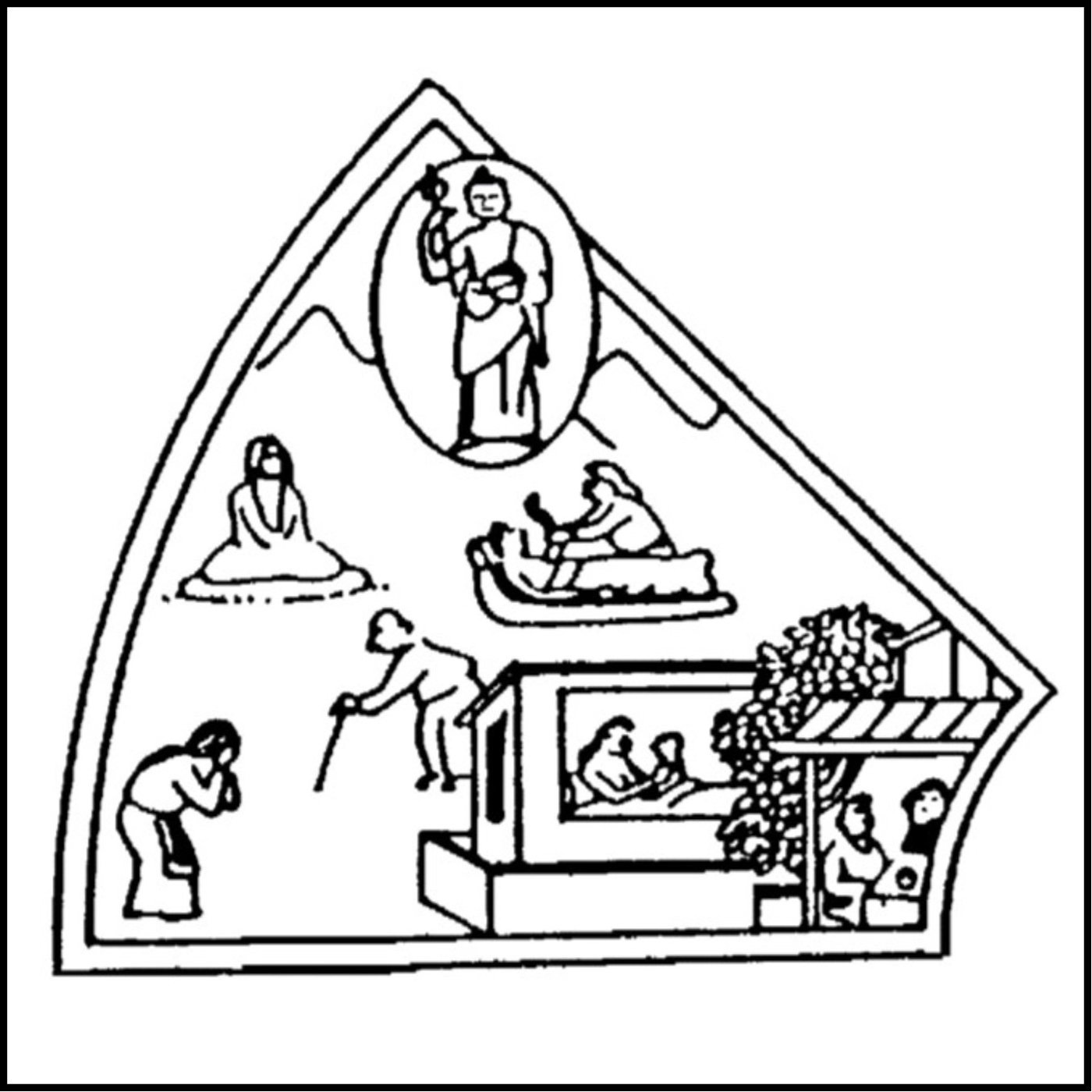
131 – Facing Impermanence? Fortunately, Buddhism Is All About Life and Death
Buddhism’s central point is nothing other than impermanence, or the "Great Matter of Life-and-Death." Our practice goes far beyond platitudes or beliefs meant to make you feel better about the whole …

130 – A Buddhist Approach to Practicing with Fear
Fear is a natural response that helps us protect ourselves and our loved ones, but it can also be inappropriate and debilitating. Buddhist practice offers many ways to help us manage our fear. We sta…

129 - Why Is Self-Esteem Essential When the Self is Empty?
Self-esteem is absolutely essential in Buddhist practice, but it may seem like self-esteem has no place in Buddhism. The Buddha taught us to stop identifying anything as I, me, or mine, because doing…
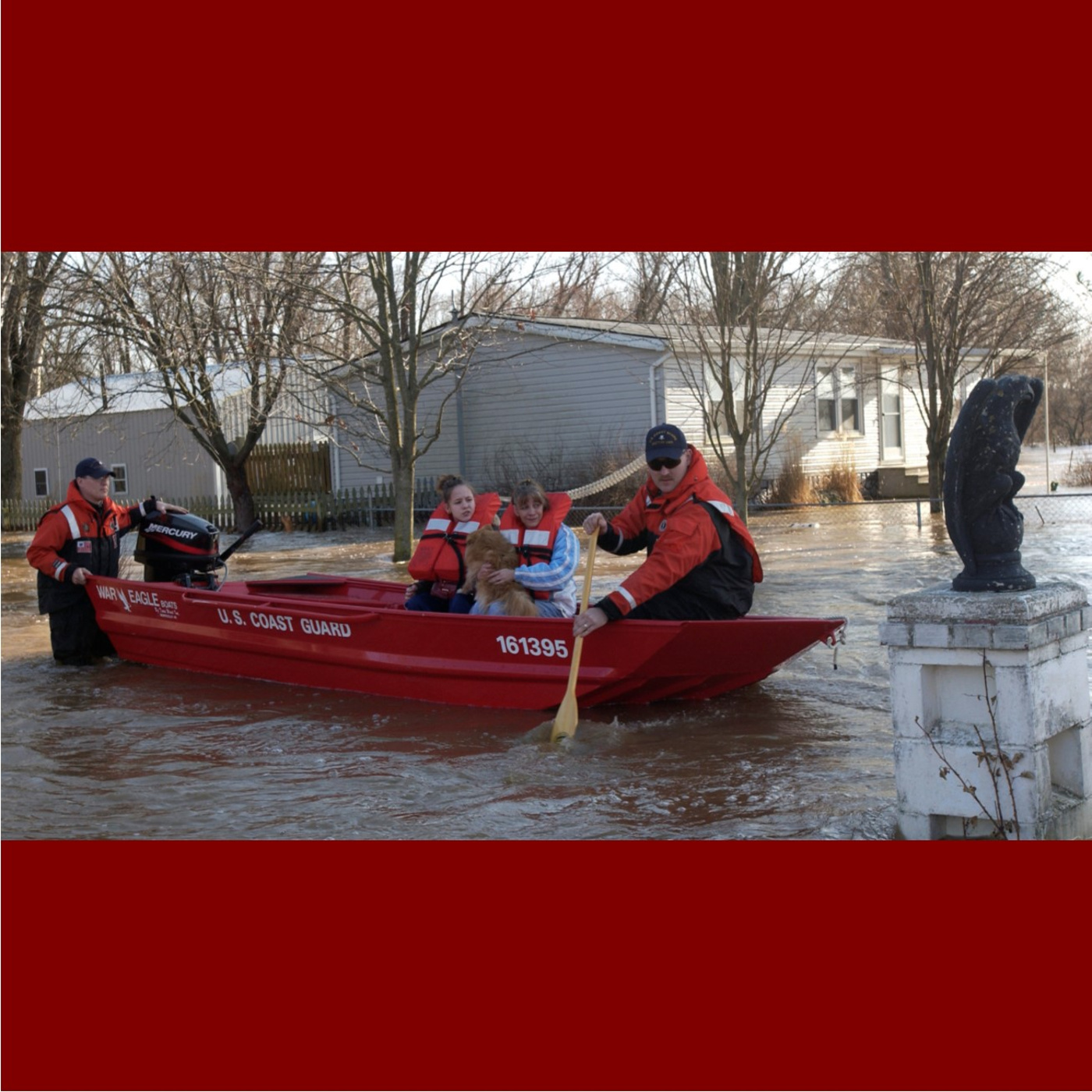
128 – Taking Action: Getting Out of the House and Helping Others (Crisis Buddhism Part 3)
Taking Action is the second area of practice in Crisis Buddhism. It means working to help alleviate or prevent the suffering we witness in the world by leaving our homes, interacting with others, and…
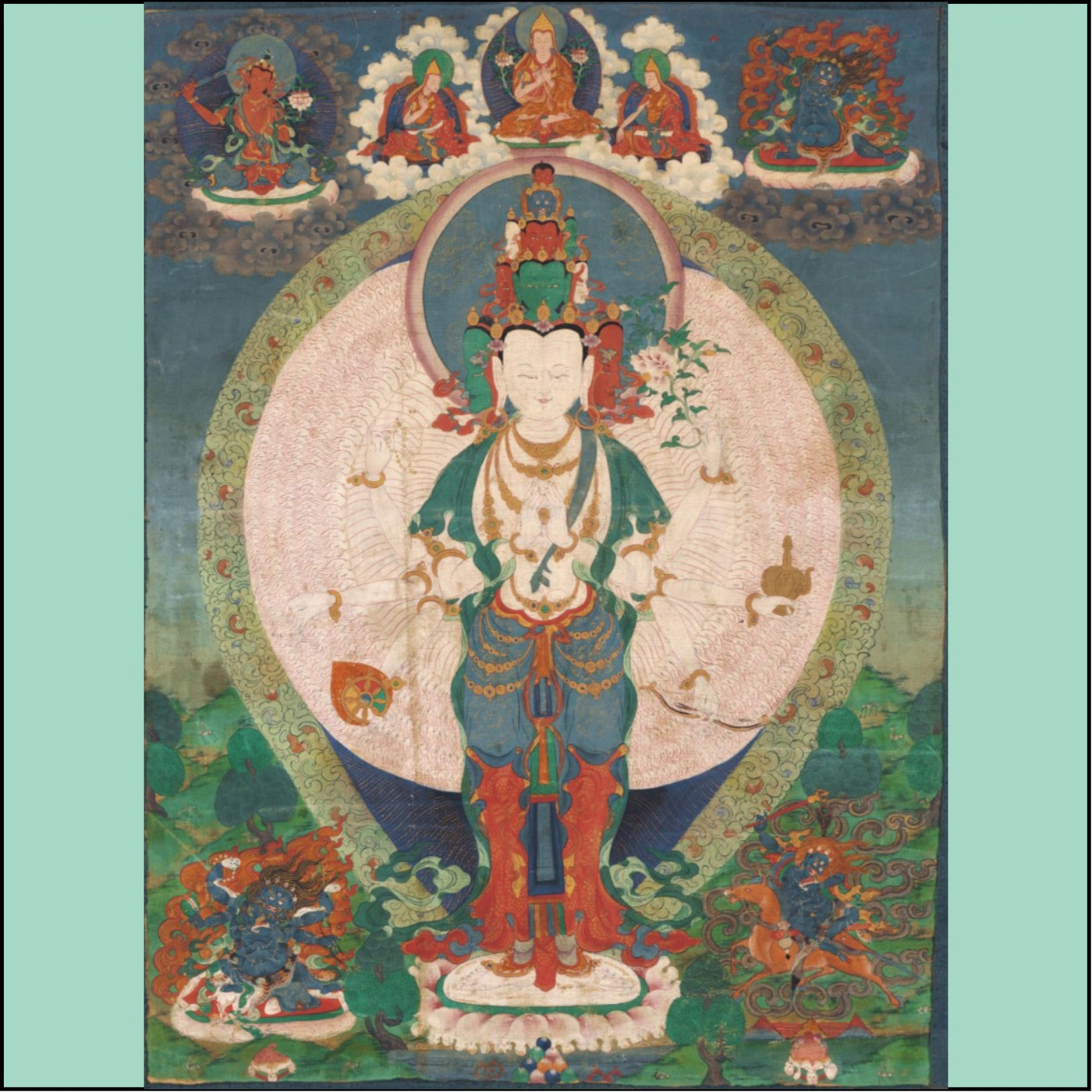
127 - Crisis Buddhism - Part 2: Bearing Witness
Crisis Buddhism requires us to mindfully balance three essential areas of practice: Bearing Witness, Taking Action, and Taking Care. In this episode I discuss Bearing Witness, or exposing ourselves t…

126 - Crisis Buddhism: Sustainable Bodhisattva Practice in a World on Fire – Part 1
Crisis Buddhism is a new formulation of practice to help us navigate our everyday lives as we face ecological and climate breakdown. We mindfully balance three areas of practice: Bearing Witness, lea…
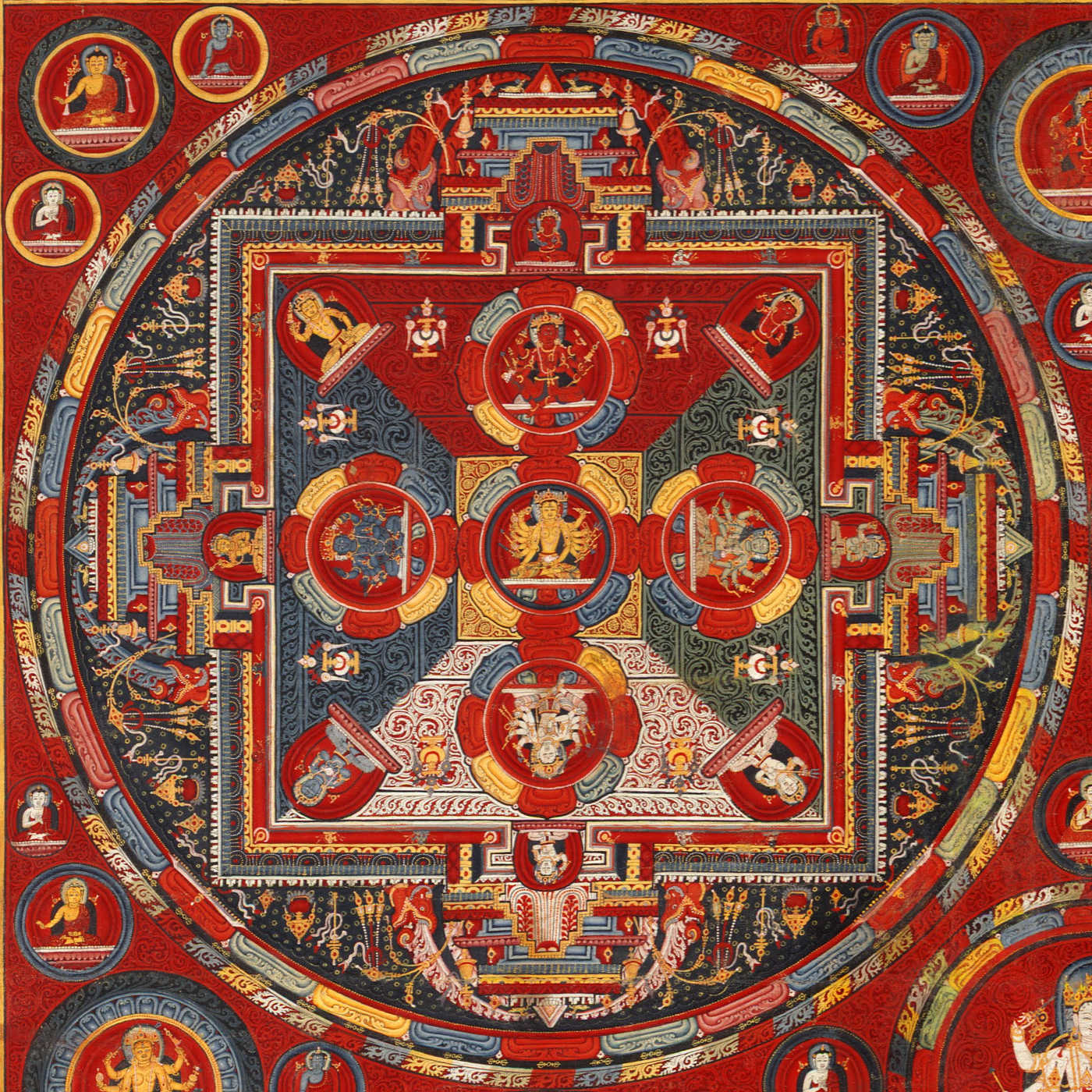
125 - Liberation Through Understanding the Five Wisdom Energies
The Vajrayana teaching of the five wisdom energies is a about five types of energy we all have within us, or five tendencies within a human being. Within each of us, one or two energies tend to predo…

124 - Giving Shape to Our Lives: The Buddhist Practice of Vow
Vows guide our decisions, help us prioritize how we spend our time, resources, and energy, and allow us to discern whether our actions are in harmony with our deeper aspirations - helping us live int…
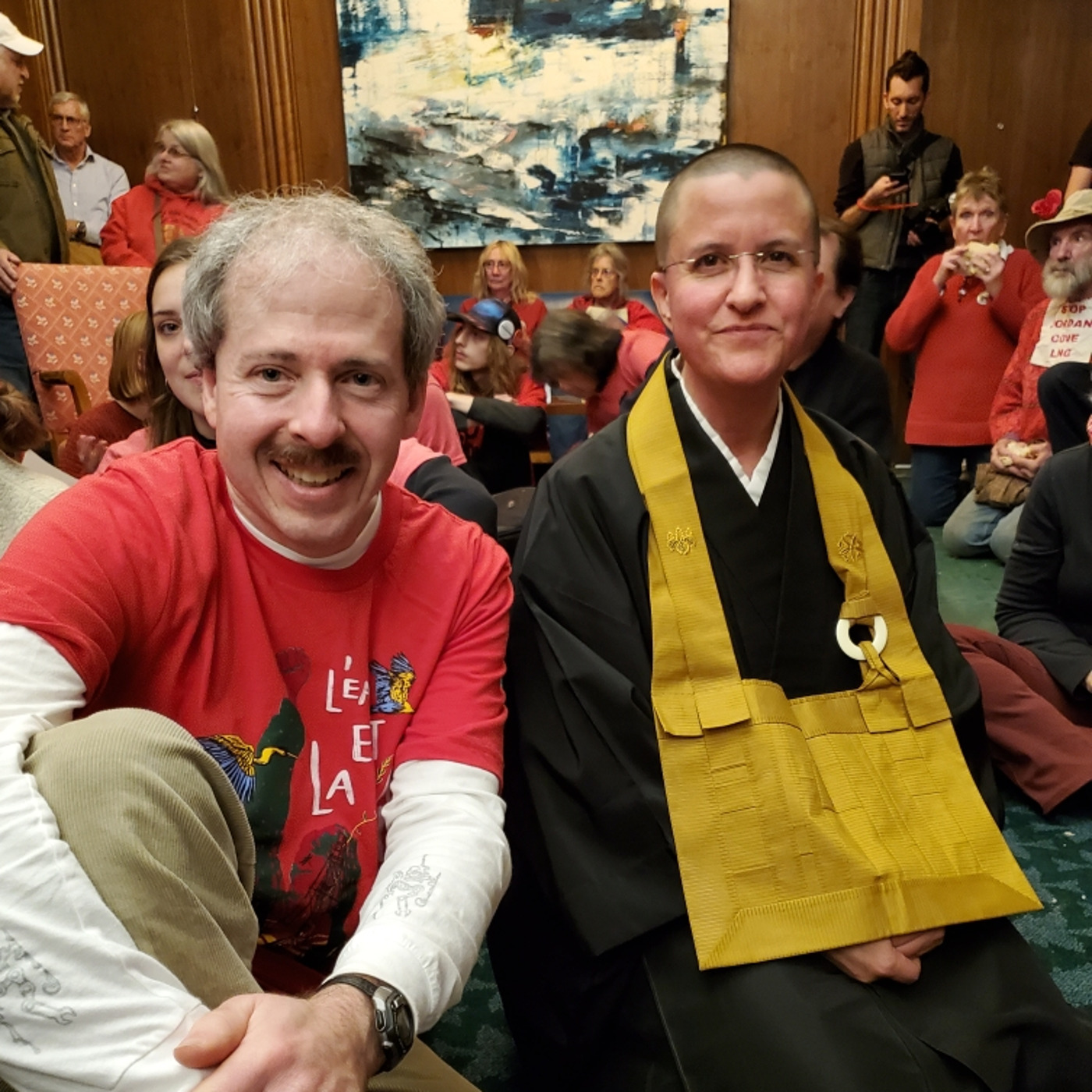
123 – Engaging Our Climate Emergency as a Koan and Opportunity
Our practical, lived response to our climate and ecological crisis – as individuals, Sanghas, and Dharma teachers – is inseparable from our Dharma practice. As Greta Thunberg has said, “Change is com…
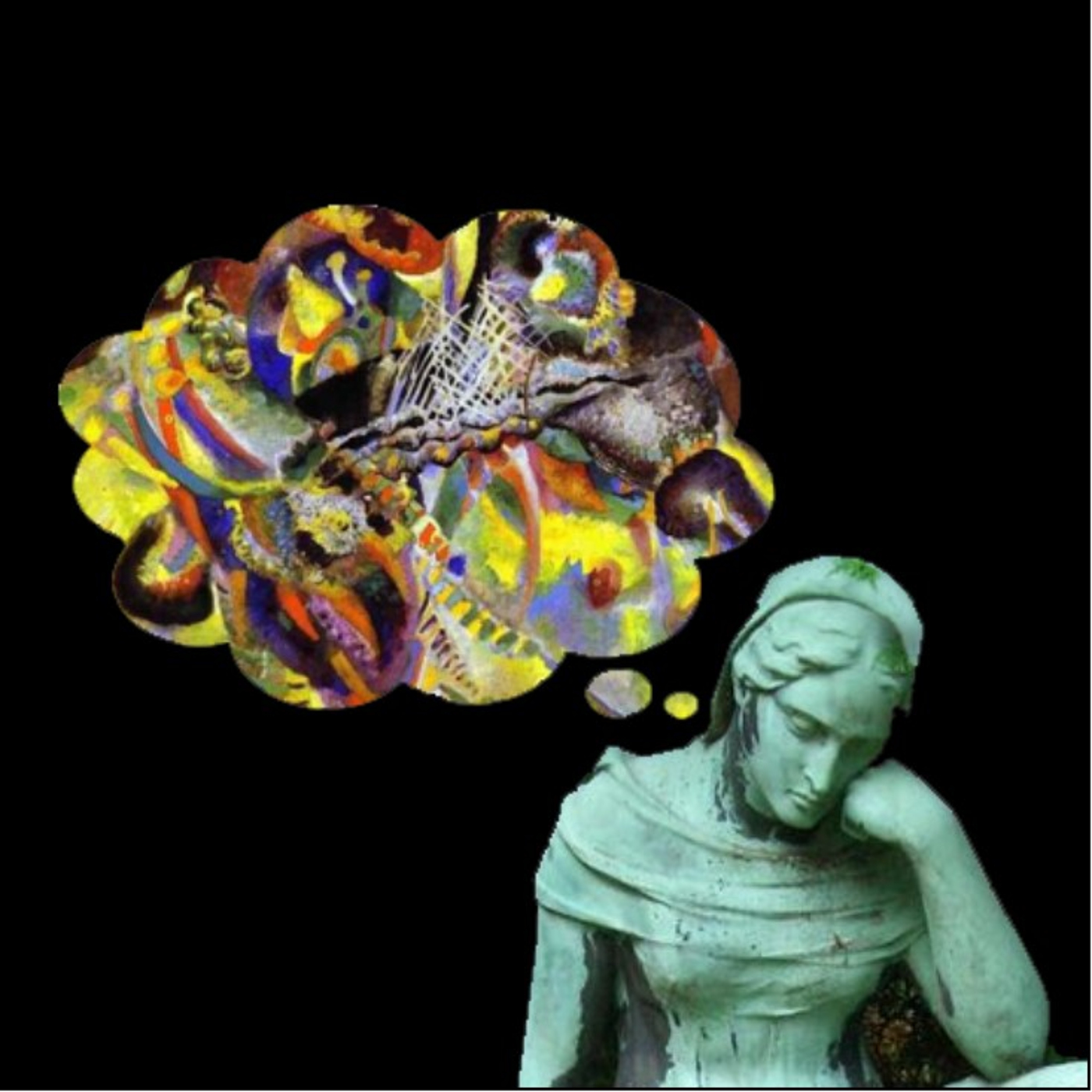
122 - Meditation Is NOT About Stopping Thoughts
In this episode, I talk about why we long to be thought-free. Then I discuss how meditation is not about stopping thought, but instead is a practice of diligently and repeatedly turning our attention…

Facing Extinction 2: A Personal Journal (Nov 14-22)
Facing Extinction: A Personal Journal about Trying to Do the Right Thing in a Climate Emergency. Topics: I Need You(r support for my activism); What Does Zen Have to Do with Climate Action? (a discus…
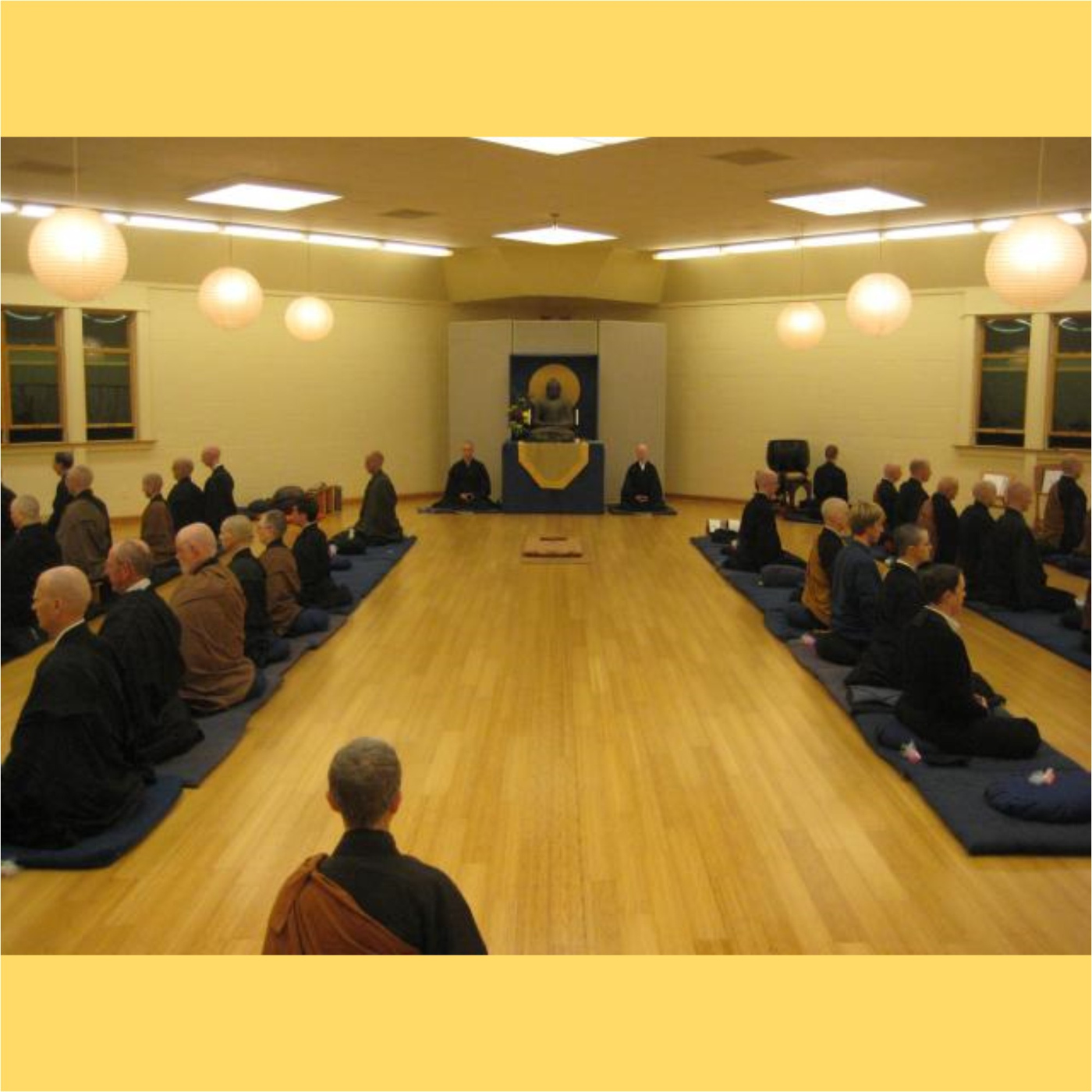
121 – The Practical Value of Awakening to the Absolute Aspect of Reality
Next week I’ll take a break from my busy life and projects in order to attend a silent meditation retreat. After spending the half-a-year since my last retreat immersed in the relative aspect of life…

120 - Dogen's Four Ways Bodhisattvas Embrace Living Beings - Part 5 - Identity Action
I finish up our study of Zen master Dogen’s essay “Four Ways Bodhisattvas Embrace Living Beings” with a discussion of "identity action," or "being in the same boat" with living beings. Even if you’re…

119 - Brightening the Mind: Refusing to be Tyrannized by Negative States
Practice can help us “brighten the mind” when we’re feeling trapped in negativity, hopelessness, despair, discouragement, depression, lack of confidence, etc. We practice four steps: 1) Acknowledging…